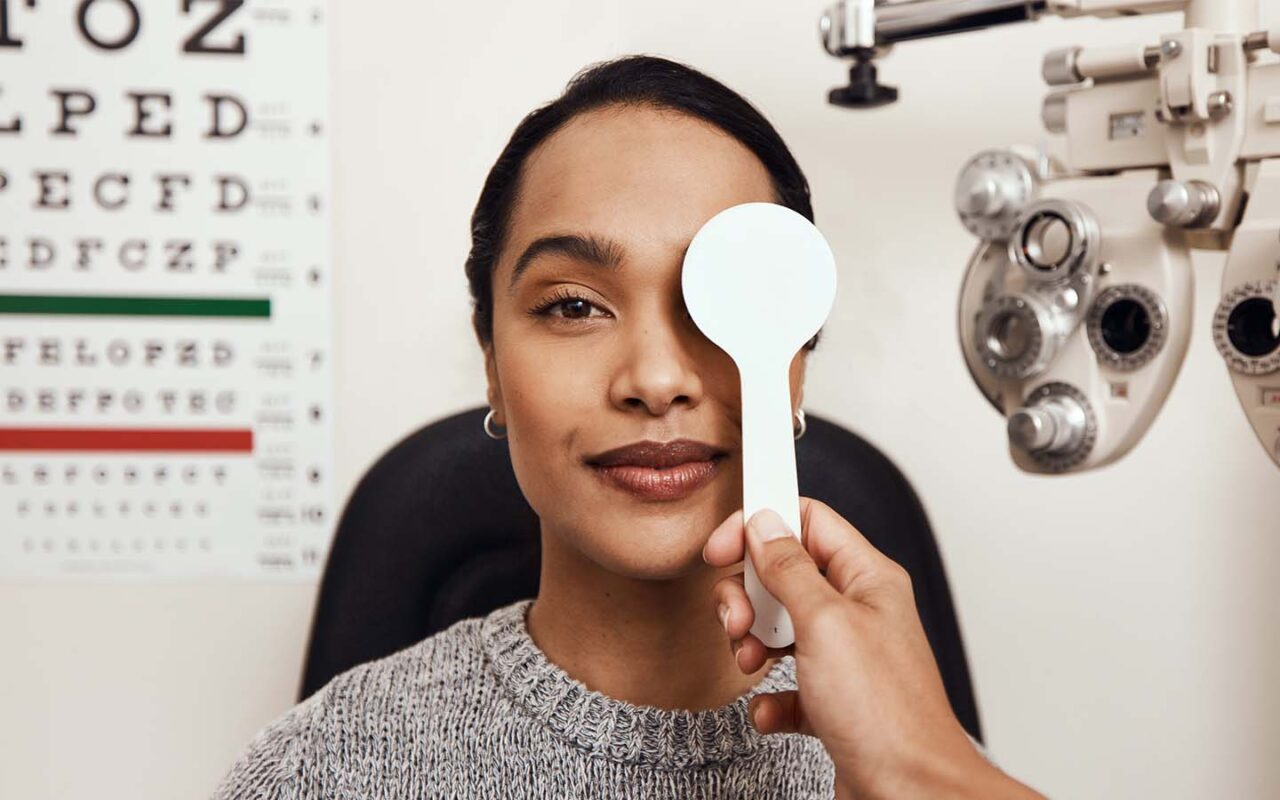All Categories
Featured
Table of Contents
Keeping ideal eye health is necessary for a premium quality of life, and routine eye tests are a crucial component of that upkeep. Vision modifications can happen at any kind of age, making it essential to customize eye care recommendations to different life phases. Right here's an overview on exactly how usually eye examinations should be arranged for numerous age teams to make certain the very best feasible eye health.
Throughout this visit, eye care specialists analyze aesthetic acuity and check for any type of developing issues. If no concerns are noted, the following eye test should occur before the child gets in school, generally around ages five or 6.
Moms and dads should stay vigilant for signs of vision problems, such as squinting, trouble focusing on the blackboard, or suffering headaches. It's essential to set up a test immediately if any of these signs arise. Normal evaluations guarantee that children can execute well academically and get involved completely in tasks like sporting activities.
![]()
During young the adult years, individuals normally experience fewer significant adjustments in vision, yet regular eye examinations stay essential. Young person should have thorough eye tests every 2 years. Those with threat aspects, such as a family history of eye illness, diabetes mellitus, or constant contact lens use, may require annual exams.
Young people are often subjected to digital eye strain as a result of prolonged use computers and mobile phones. Signs and symptoms like dry skin, tiredness, and blurred vision may arise from excessive screen time. If these signs and symptoms continue, consulting an eye care expert can result in customized services, such as computer system glasses or suggestions for way of living changes.
For individuals with underlying wellness conditions, such as high blood pressure or diabetic issues, more constant exams may be necessary. Routine monitoring is important for handling these conditions and making certain that any prospective eye health issues are addressed without delay.
Elders might likewise experience adjustments in their ability to see in reduced light or distinctions in color understanding. Routine check-ups allow eye treatment specialists to monitor these changes and supply appropriate treatments, making certain seniors preserve their independence and top quality of life.
Infants and Toddlers (0-2 Years)
Eye health and wellness starts at birth. The American Academy of Pediatric medicine advises that infants have their first extensive eye examination at around six months of age.Throughout this visit, eye care specialists analyze aesthetic acuity and check for any type of developing issues. If no concerns are noted, the following eye test should occur before the child gets in school, generally around ages five or 6.
Day Care Center and School-Aged Kid (3-18 Years)
Children ages three to 18 should undergo normal eye tests every one to two years. Although colleges typically perform basic vision testings, these do not replace detailed exams performed by eye care experts. A detailed eye test examines not only aesthetic acuity but likewise eye control, tracking skills, and general eye health and wellness.Moms and dads should stay vigilant for signs of vision problems, such as squinting, trouble focusing on the blackboard, or suffering headaches. It's essential to set up a test immediately if any of these signs arise. Normal evaluations guarantee that children can execute well academically and get involved completely in tasks like sporting activities.
Young Person (19-39 Years)

During young the adult years, individuals normally experience fewer significant adjustments in vision, yet regular eye examinations stay essential. Young person should have thorough eye tests every 2 years. Those with threat aspects, such as a family history of eye illness, diabetes mellitus, or constant contact lens use, may require annual exams.
Young people are often subjected to digital eye strain as a result of prolonged use computers and mobile phones. Signs and symptoms like dry skin, tiredness, and blurred vision may arise from excessive screen time. If these signs and symptoms continue, consulting an eye care expert can result in customized services, such as computer system glasses or suggestions for way of living changes.
Grownups (40-64 Years)
Going into middle age produces more visible changes in vision, specifically the start of presbyopia, which influences the capacity to focus on close objects. Grownups aged 40 to 64 ought to have eye tests each to two years. This age group is additionally at a higher risk for developing conditions such as glaucoma, cataracts, and age-related macular deterioration.For individuals with underlying wellness conditions, such as high blood pressure or diabetic issues, more constant exams may be necessary. Routine monitoring is important for handling these conditions and making certain that any prospective eye health issues are addressed without delay.
Elders (65 Years and Older)
For senior citizens, the requirement for regular eye tests ends up being even much more essential due to an increased threat of age-related eye diseases. It is normally recommended that people aged 65 and older have an eye examination at the very least yearly. Early detection of conditions like cataracts, glaucoma, and macular degeneration is essential for preventing vision loss.Elders might likewise experience adjustments in their ability to see in reduced light or distinctions in color understanding. Routine check-ups allow eye treatment specialists to monitor these changes and supply appropriate treatments, making certain seniors preserve their independence and top quality of life.
Conclusion.
Understanding the ideal timetable for eye tests based on age is vital for protecting eye health and wellness and guaranteeing clear vision throughout life. By prioritizing eye care and adhering to recommended exam schedules, people can take proactive actions to protect their vision and enhance their total health.Latest Posts
Experience Coastal Style at Deauville Inn
Published Mar 31, 25
1 min read
Experience Coastal Style at Deauville Inn
Published Mar 27, 25
1 min read
Host Your Perfect Occasion: Place Rental Choices for Every Celebration
Published Mar 14, 25
1 min read